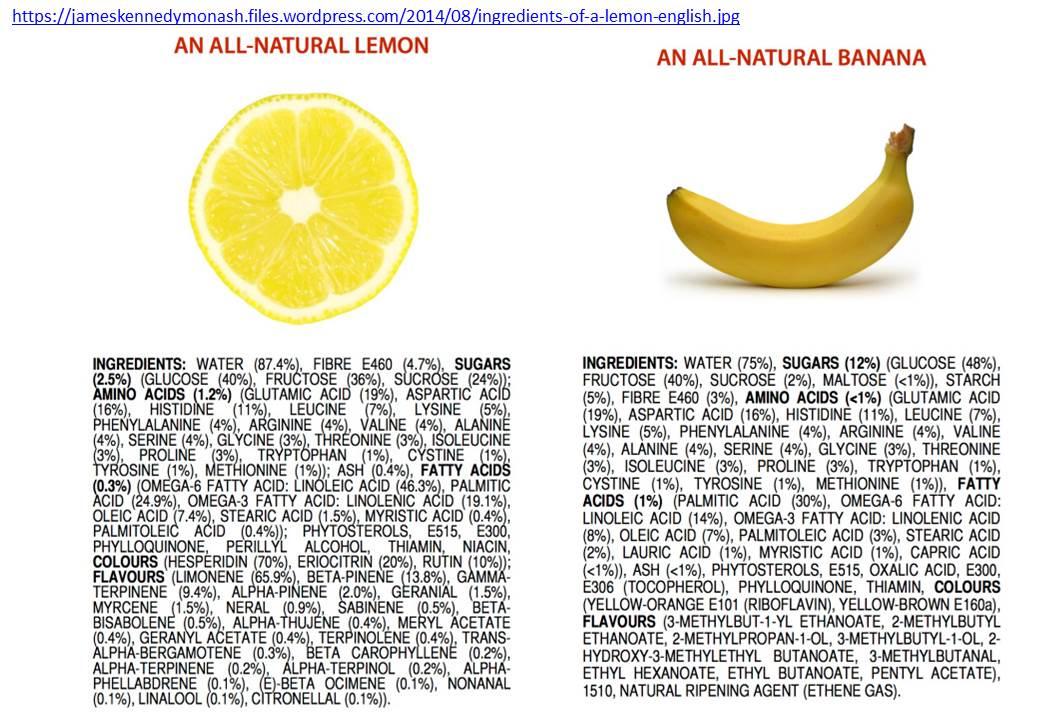Um exercício interessante, o pensamento de Jorge Jesus sobre o futebol e o paralelismo com as empresas:
"A teoria é a reflexão da prática: quem pratica e não teoriza, só repete. E quem repete não evolui. Quando vou para casa, vou sempre a pensar no que aconteceu.”
Quantos empresários só repetem? Quantas chefias só repetem? Quantos trabalhadores só repetem?
.
No futebol há o jogo e o pós-jogo. Ganha-se ou perde-se.
.
E nas empresas? Quando se olha para trás e se avalia o que se fez e os resultados obtidos? Quando se avaliam os riscos e oportunidades e se perspectiva o futuro? Quando se decide fazer experiências para testar novas formas de trabalhar? Como se medem os resultados? Com que frequência? Quem os calcula? Quem os analisa?
.
Há demasiada gente que se condena a repetir, que se limita a seguir modelos que resultaram no passado, se é que resultaram, e não abraça a possibilidade de fazer diferente, de evoluir, porque não há tempo para pensar, porque não há tempo para decidir.
...
“Começo sempre por uma ideia pela forma como olho para o jogo e pela forma como quero que a minha equipa jogue, no processo ofensivo e defensivo”, afirma, dando depois o passo seguinte: “Trabalho a equipa por sectores, individuais e colectivos, trabalho os jogadores na componente individual. Depois começamos a trabalhar entre sectores colectivamente.”
Quantos empresários e gestores têm este exercício de abstracção feito e, têm identificado e estudado o seu modelo de jogo, o seu modelo de negócio?
.
Sem a identificação e a tomada de consciência que uma empresa segue, bem ou mal, um modelo de jogo, é como se uma empresa só tivesse uma vida, a actual, a servir clientes de uma certa maneira. Com a consciência de que se segue um modelo de negócio e de que há várias possibilidades, várias alternativas, as empresas podem ganhar nova vida, experimentando novas combinações.
Trechos retirados de "
Filosofia de jogo. O futebol pelos olhos de Jesus"



















